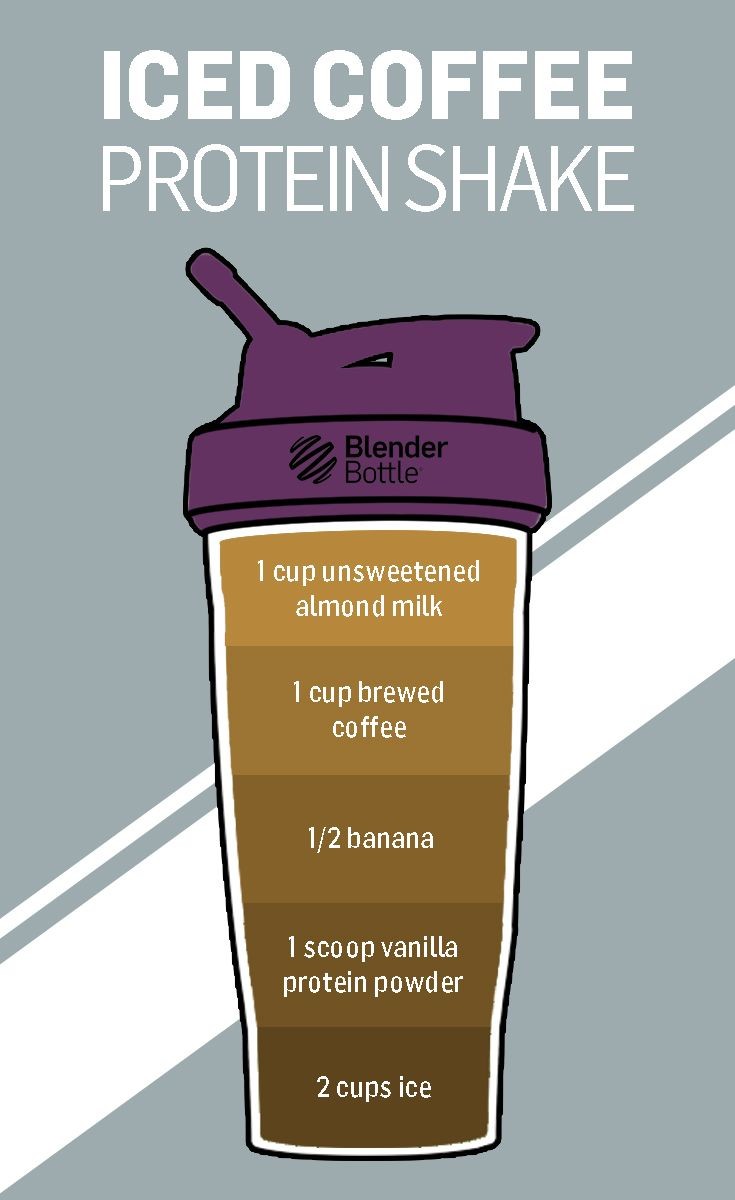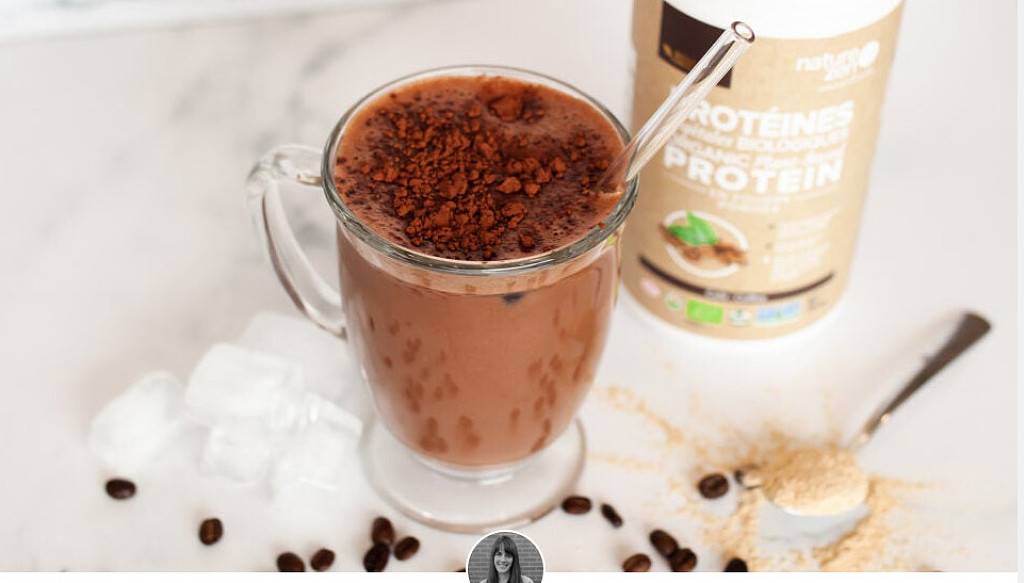Running News Daily
Running News Daily is edited by Bob Anderson. Send your news items to bob@mybestruns.com Advertising opportunities available. Train the Kenyan Way at KATA Kenya and Portugal owned and operated by Bob Anderson. Be sure to catch our movie A Long Run the movie KATA Running Camps and KATA Potato Farms - 31 now open in Kenya! https://kata.ke/
Index to Daily Posts · Sign Up For Updates · Run The World Feed
Should You Be Drinking Protein Coffee?
The nutrition trend is all over TikTok, and it’s actually not a bad idea
Social media isn’t a great place to find wellness or nutrition advice. The most viral stuff tends to be the most over-the-top and the influencers who create it typically care more about shareability than science. Put bluntly: “Likes and follows do not indicate competence,” says Leslie Bonci, co-founder of Performance365 and the sports dietitian for the Kansas City Chiefs. But once in a blue moon, a viral nutrition trend is worth trying. Like protein coffee, which recently took TikTok by storm.

#Proffee is pretty simple: it’s a protein shake, made with coffee. And while the idea of a caffeinated smoothie isn’t earth-shattering, it has its merits, particularly if you’re someone who likes to work out in the morning. Here’s what two sports dietitians have to say about it.
How to Make It
There’s no master recipe for #proffee. Scroll through the tag on TikTok and you’ll find thousands of videos. One woman orders a couple of shots of iced Starbucks espresso in a venti cup and then pours a pre-made shake on top. Another uses a vanilla protein shake as “creamer,” and several people blend their own shakes with flavored protein powder, ice, and coffee instead of milk. You get the idea.
Protein coffee is a great way to kill two birds—nutrition and caffeination—with one stone. Let’s get one thing clear, though. “Coffee is not a meal,” says Abby Chan, a sports dietitian and co-owner of Evolve in Flagstaff, Arizona. “And adding protein to coffee still does not make it a meal.”
If you’re relying on protein coffee alone to get you through the morning, Bonci recommends adding carbohydrates by blending in a banana or eating some fruit or cereal alongside your drink. Chan points out that you could add fat with a scoop of nut butter, too.
Protein coffee works well alongside a regular breakfast, particularly if your morning meal contains less than 15 grams of protein. Chan says this is the minimum amount that most people should eat per meal, although there’s no need to hit this target on the nose every time. For reference: two large eggs contain roughly 13 grams of protein, a seven-ounce container of plain Greek yogurt has 20 grams, and a half-cup of rolled oats cooked in a cup of two-percent milk has 13 grams. If you’re already eating protein-rich foods at breakfast, Chan says, there’s not much benefit to adding it to your coffee, although it won’t cause any harm. “Your body can only absorb 25 to 35 grams during a meal,” she says.
Why It Works
Some TikTokers use protein coffee as a pre-workout drink. This makes sense, since caffeine is the main active ingredient in most pre-workout supplements, and a cup of coffee is far cheaper than a scoop of expensive powder. Bonci explains that for many people, consuming caffeine 30 to 60 minutes before a workout can boost endurance and increase focus.
But it might not work for everybody, and it’s not a magic bullet. Outside columnist Alex Hutchinson previously reported on a 2018 randomized controlled trial looking at caffeine’s effect on performance, published in Medicine and Science in Sports and Exercise. The study followed a group of 101 male athletes during 10k cycling time trials, and found that, while caffeine did boost performance on average, the athletes who benefited the most had a specific gene that helps them metabolize caffeine well—and those without that gene actually rode more slowly.
You likely already know from experience whether caffeine helps, hurts, or doesn’t affect your workouts. If you feel better exercising after coffee, Chan explains that adding protein could have some benefit for workouts lasting more than 90 minutes. When your glycogen stores are depleted, having amino acids (the building blocks of protein) readily available in your system will prevent your body from breaking down existing muscle to get them. But for shorter workouts, the protein probably won’t serve any purpose beyond helping you hit your nutrient requirements for the day.
Chan stresses that you shouldn’t need caffeine to train. “If you’re relying on caffeine to get through a workout, then you are not ready or recovered enough to be training,” she says.
“At the end of the day, protein coffee is simply a protein shake with caffeine,” Chan says. “It’s not a meal, and it’s not a magical elixir.” Frankly, it’s surprising that something so simple took off on TikTok, a space usually reserved for wellness trends that are either extreme or completely ridiculous (like dipping cucumber slices in stevia as a low-sugar substitute for watermelon). If you like the taste of a coffee protein shake, great! Just don’t drink it in lieu of breakfast.
by Outside Online
Login to leave a comment




